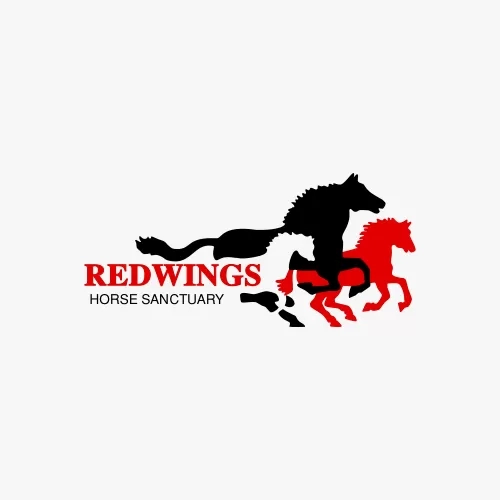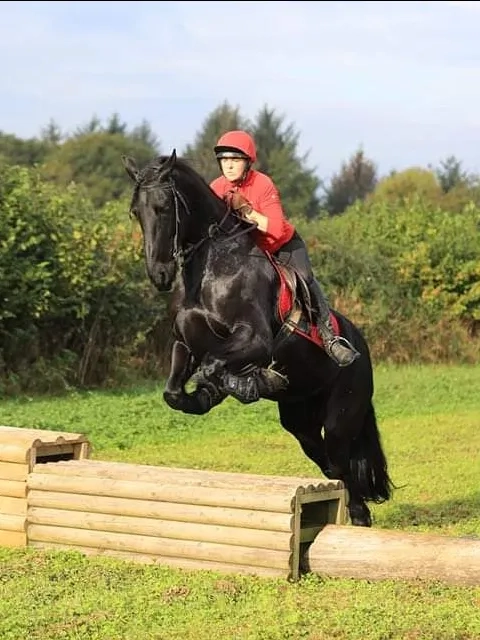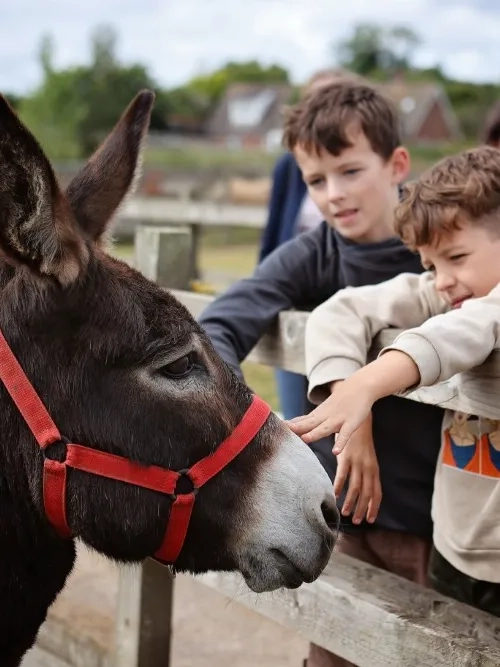08 April 2020

We've worked with the Gypsy Roma Travelling community to create a film to share the experience of horse-drawn travellers, released to celebrate International Romani Day.
Over the last four years, through our work alongside other charities at Appleby Horse Fair, Redwings has been producing participatory films with members of the community to highlight exemplary examples of horse care and to share welfare advice.
The new film, produced at last year’s fair, stars Mala Blenkinsop, a horse-drawn Traveller with over 30 years’ experience and who is passionate about preserving this historic way of life.
The film centres on the subject of tethering; a practice that attracts much debate within the press and social media. It aims to inform people who tether horses how to protect the welfare of their animals, covering topics such as equipment, fitting and training of horses to wear the tether and pointing out common mistakes which should be avoided.
Although tethering is closely associated with Gypsy, Roma and Traveller members of the horse-owning public, it is a practice utilised by many horse owners, for example, those caring for horses in urban environments who have restricted access to stabling and turn out.
Andie Vilela, Campaigns Manager, said: “We, and other equine welfare charities, receive a lot of calls from members of the public reporting horses that are tethered and worried that their needs are not being met. It’s important to point out that tethering is not illegal and if done properly can be a better, short-term alternative to stabling where secure turnout is unavailable.
“That said, we’ve also rescued horses where tethering has caused serious harm through injury and restricted movement for long periods of time. So it’s crucial to remember that any technique or management practice, if done wrongly, can be detrimental to equines and we encourage every horse owner to pay close attention to their horse’s own individual needs, and look to advice such as that given in this new film.
“Existing information and advice about how to tether a horse safely and meet their welfare needs is already available in the Codes of Practice for equines in England, but audio-visual guides are in short supply. This film is also not targeting Gypsy and Traveller horse owners exclusively, rather highlights a lived experience of tethering horses that would be helpful for anyone considering this management practice.”

Bill Lloyd, the Traveller representative on the Appleby Horse Fair Multi-Agency Coordination Group, added: “Horses remain a vital part of Gypsy and Traveller identity, and respect for the horse is deeply rooted in traditional Gypsy culture. Anyone who travels with horses needs to know how to tether their animals safely, with minimum risk to the welfare of the horse and the reputation of the owner.
“This short film shows how to do it right, so please watch it and share with anyone and everyone - Gypsies or non-Gypsies - who regularly tethers their horses. Bad tethering damages the reputation of Gypsy people as great horsemen and women, but taking a little bit of extra time and trouble to learn how to do it right makes a big difference to the welfare of the horse, and a big difference to public perception of Traveller culture.”
To review the Government's guidance on tethering, please click here: Horses Welfare Codes of Practice April 2018.pdf (Gov.uk) (PDF 1.1 MB)
If you are concerned about a tethered equine or would like more advice on the subject, please contact our welfare team by emailing welfare@redwings.co.uk. In an emergency, please always call the RSPCA 0300 1234 999.

Redwings Press Office
Find out more about Redwings Press Office



